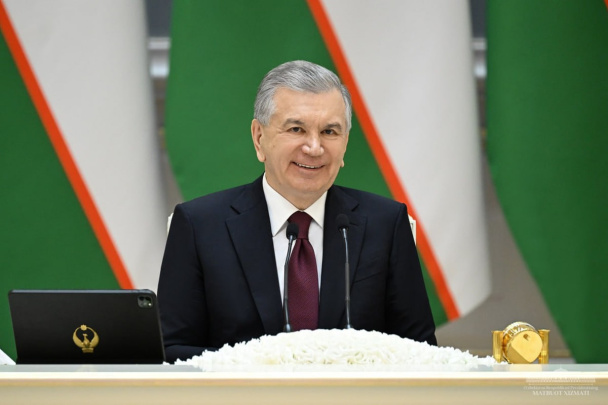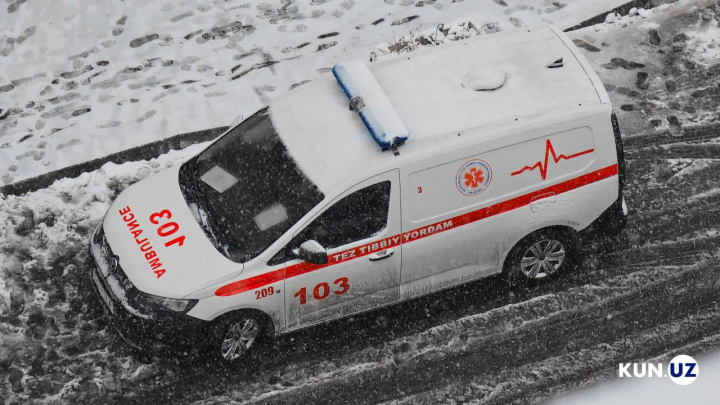In an interview with Kun.uz, lawyer Botirjon Shermuhammad and political scientist Kamoliddin Rabbimov discussed the challenges faced by Uzbek migrants in Russia and the apparent lack of action from Uzbek authorities, particularly the Ministry of Foreign Affairs.
Botirjon Shermuhammad:
— Kyrgyzstan and Tajikistan have repeatedly raised concerns about Russia’s actions regarding labor migrants, issuing diplomatic notes in protest. However, Uzbekistan has, to my knowledge, only once issued a protest to Russia — over Zakhar Prilepin’s comments, which were against Uzbekistan’s sovereignty and unrelated to migrant issues.
No matter how our migrant workers are treated — whether they are discriminated against or their rights are violated, or even if they are forced to walk with their hands on their shoulders like in the Nazi era — neither the government of Uzbekistan nor the Ministry of Foreign Affairs has issued any formal protest. Not even once.
Why can countries like Kyrgyzstan and Tajikistan express their dissatisfaction, but Uzbekistan can’t? We are a large country, with a big population, and greater economic potential.
At present, Russia has very few allies. We and Tajikistan are allied with Russia. We have bilateral agreements on alliance and strategic cooperation. If an allied country’s citizens are treated this way in Russia, what must happen to the citizens of countries with ordinary diplomatic relations?
This issue is not limited to Russia. Recently, there have been instances where Uzbeks were denied entry to Turkey. We have numerous agreements with Turkey, and they are considered a brotherly nation. Yet, without any clear reason and based on personal opinions, citizens of Uzbekistan are being refused entry. Similar issues have also arisen with Uzbeks trying to enter Georgia or Moldova. We allow the citizens of those countries to visit Uzbekistan, so why is this kind of treatment happening to our citizens?
Kamoliddin Rabbimov:
— Protecting citizens is not just an internal matter; it is also an international responsibility. This mentality has not yet taken root in Uzbekistan. It is a fundamental duty of the state. In many countries, protecting nationals abroad is a priority task for the deputy foreign minister. Unfortunately, in Uzbekistan, this mindset is still very weak.
For example, whether our citizens travel abroad for work, rest, study, or other reasons, the level of protection for them abroad is extremely weak and has remained so to this day.
Botirjon Shermuhammad:
— If you speak with the officials, you will find that, in their view, our citizens are the ones at fault. This mentality persists. These officials, who are tired of our citizens, need to be replaced.
Take the case of [Russia’s Investigative Committee Chairman Alexander] Bastrykin, who publicly humiliated our citizens. At a legal forum in Saint Petersburg, he said, “We went to the Uzbek General Prosecutor’s Office and discussed migrant issues. The officials at the General Prosecutor’s Office said: ‘Why are you dealing with these people? We don’t need them, we’re not interested in them.’”
Bastrykin made these comments at a major forum, and they were published in the media. The Uzbek General Prosecutor’s Office didn’t say, "This is a lie; we don’t treat our citizens this way." They either didn’t have the courage to speak out or, perhaps, they genuinely think this way.
Kamoliddin Rabbimov:
— After hearing such statements from our own people, the Russian side will feel emboldened to carry out whatever repression they want against our citizens within Russia.





